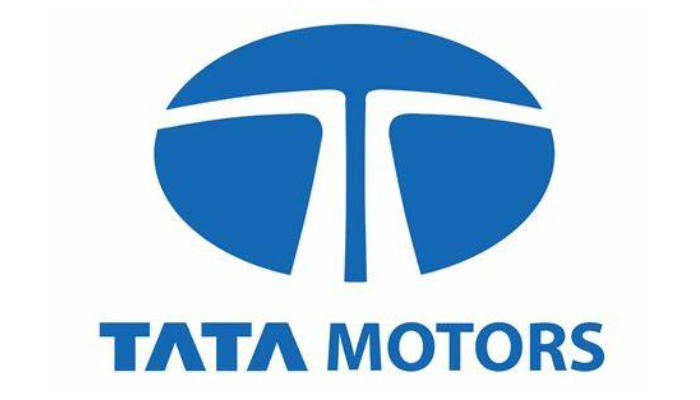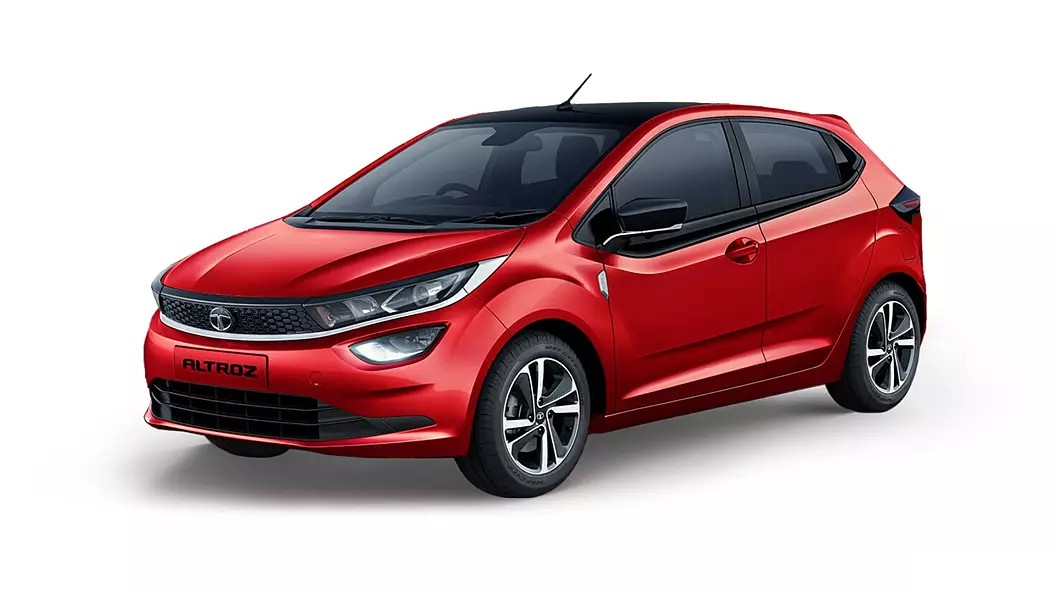Tata Motors makes its Entry into Top 10 Global Auto cos
2024-08-01 11:44:39

Tata Motors is now one of the top ten car companies in the world, with a market value of $51 billion, making it the highest among Indian car companies. The value of Tata Motors' stock went up by more than 50% this year because of its success in selling passenger cars and being a leader in India's electric vehicle market. The company expects to grow in the future by introducing new electric vehicle models.
Tata Motors has made an impressive comeback because of smart planning and actions. This has helped the company compete with big names in the global car industry. Tata Motors is now one of the top ten most valuable car companies in the world, with a market value of $51 billion, making it the first Indian company to achieve this status.
This success comes as Tata Motors' stock keeps rising, going up over 50% this year and more than 101% in 2023. The company's victory is highlighted by its market value being higher than Stellantis NV, General Motors, Maruti Suzuki India, and several other well-known car companies.
Globally, Tesla Inc maintains the lead with a market cap of USD 711.19 billion, followed by Toyota Motors at USD 307.50 billion, and BYD Company at USD 92.65 billion. Ferrari NV ranks fourth with a market cap of USD 74.02 billion, trailed by Mercedes-Benz Group (USD 71.26 billion), Porsche (USD 68.29 billion), BMW AG (USD 59.54 billion), Volkswagen AG (USD 58.18 billion), and Honda Motor Co (USD 56.12 billion). Tata Motors has managed to surpass international giants like Stellantis NV (USD 50.64 billion), General Motors (USD 49.74 billion), and others, establishing a notable presence in the global market.
Globally, Tesla Inc maintains the lead with a market cap of USD 711.19 billion, followed by Toyota Motors at USD 307.50 billion, and BYD Company at USD 92.65 billion. Ferrari NV ranks fourth with a market cap of USD 74.02 billion, trailed by Mercedes-Benz Group (USD 71.26 billion), Porsche (USD 68.29 billion), BMW AG (USD 59.54 billion), Volkswagen AG (USD 58.18 billion), and Honda Motor Co (USD 56.12 billion). Tata Motors has managed to surpass international giants like Stellantis NV (USD 50.64 billion), General Motors (USD 49.74 billion), and others, establishing a notable presence in the global market.
The big increase in Tata Motors' stock is due to high hopes and a strong comeback in its passenger vehicle segment, especially with Jaguar Land Rover (JLR) growing profitably. The company's strong position in the Indian electric vehicle market is also very important. However, even though Tata Motors leads in electric cars in India, its electric vehicle business hasn't yet made a profit. More investment is still needed to boost sales..
Analysts have noticed that Tata Motors plans to launch new electric vehicle models and aims to have 50% of its sales come from electric vehicles by 2030. This is expected to create a lot of value. While the passenger vehicle business is complex, Jaguar Land Rover (JLR) still brings in a lot of money and profits, even as it shifts to electric vehicles in a competitive market. Better availability of semiconductor chips has helped JLR by reducing backorders and improving customer service. Demand is getting stronger, and new models are expected to increase sales.
Nomura, in a recent note, maintains a 5% volume compound annual growth rate (CAGR) forecast for FY25-27F, expecting EBITDA margins to hold around 11.5% due to robust demand. Although flat to negative growth guidance is possible for FY25F, potential upside could come from the e-bus segment. The note also highlighted that despite signs of weakening demand in both industry passenger vehicles (PVs) and EV segments, upcoming launches like Curvv and Harrier EV in FY25F should support volumes. Market share is projected to remain stable at 14% with a target of 18-20% by FY30F.
“The stock has risen over 50% this year and over 101% in 2023, with a market cap of USD 51 billion, the highest among Indian auto companies.”
Amidst this growth, Tata Motors announced its plan to demerge into two entities, a move welcomed by analysts. Post-demerger, Tata's passenger vehicle business will include the domestic EV segment and Jaguar Land Rover, presenting investment opportunities in both the domestic and global premium markets. Sharekhan suggested that this strategic move allows investors to capitalize on mass-market PV growth, potentially challenging Maruti Suzuki's dominance.
All attention is now on Tata Motors' upcoming earnings release on August 1. A poll predicting revenue of INR 1.09 trillion and net profit of INR 5,310 crore sets high expectations. Bloomberg reports that Tata Motors currently has 24 buy ratings, 6 hold ratings, and 5 sell ratings from analysts. The company's strategic initiatives and market performance continue to be watched keenly by investors and analysts alike.
Analyzing Tata Motors' performance, it is clear that the firm has strategically positioned itself to leverage the growing EV market while maintaining a strong foothold in traditional automotive sectors. The consistent growth in stock value reflects investor confidence and an optimistic outlook for future growth. The demerger strategy and continuous innovation in EVs represent a forward-thinking approach catering to evolving market dynamics.
“Tata Motors' market cap surpasses that of Stellantis NV (USD 50.64 billion), General Motors (USD 49.74 billion), Maruti Suzuki India (USD 48.36 billion), Mahindra & Mahindra (USD 43.41 billion), Ford Motor Co (USD 43.1 billion), Hyundai Motor (USD 37.88 billion), and KIA Corp (USD 32.29 billion).”
Tata Motors' impressive comeback shows how good planning and execution have helped the company compete with big names in the global car industry. Being in the top ten most valuable car companies in the world highlights Tata Motors' big progress and sets an example for other Indian companies wanting to achieve similar success internationally. The company's ongoing investment in electric vehicles and smart market strategies suggest strong potential for continued growth in the future.








.jpg)











